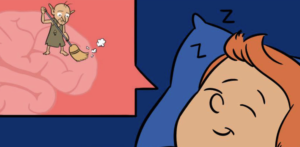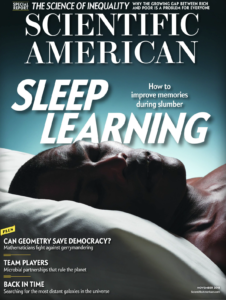
Ken Paller is Professor of Psychology and Director of the Cognitive Neuroscience Program at Northwestern University, where he holds the James Padilla Chair in Arts & Sciences. He received a Director’s Pioneer Award from NIH in 2024. He is Associate Director of the Training Program in the Neuroscience of Human Cognition, which is funded by NIH/NINDS and charged with training the next generation of cognitive neuroscientists.
• His research focuses on the human mind and the intricate relationships between brain activity and conscious experience. He seeks to uncover how memories are formed, stored, and later re-experienced — sometimes unconsciously influencing our thoughts and actions. His lab group developed new methods to strategically influence the mind during sleep, which in turn can improve many aspects of the waking mind, including memory, creativity, and psychological well-being. He also collaborates with Tibetan Monastic Scholars in research on sleep and dreaming. His hope is that scientific research can reveal additional ways to harness the sleeping mind to improve people’s lives.
• Video/Audio/Print links above sample press coverage and video, including BBC World Service, The World Science Festival, Discover Magazine, NY Times, LA Times, The Economist, NPR Science Friday, All Things Considered, and CBC Radio.
 Do House-Elves Clean Your Brain While You Sleep?
Do House-Elves Clean Your Brain While You Sleep?
From Frontiers for Young Minds: Sleep will consume one-third of your life. You can’t avoid it, nor should you. Sound slumber can make you feel wonderfully well-rested and full of energy. But there’s more to it. Sleep is also essential for learning. Much of who you are — your memories and your habits — may depend on what your brain does while you sleep. Link to full article
 Sleep Learning Gets Real
Sleep Learning Gets Real
From Scientific American: Sleep has been regarded as a waste of time, and sleep learning an impossibility. If the sleeping brain is turned off, so the reasoning goes, it cannot learn. To the contrary, our brains remain active during sleep in ways support memory storage. Specific memories are reactivated, and this reactivation can be controlled experimentally. With new methods, we can now study how our nightly periods of downtime aid learning, problem-solving, and our psychological well-being.
link to Scientific American cover story, November 2018
pdf version

